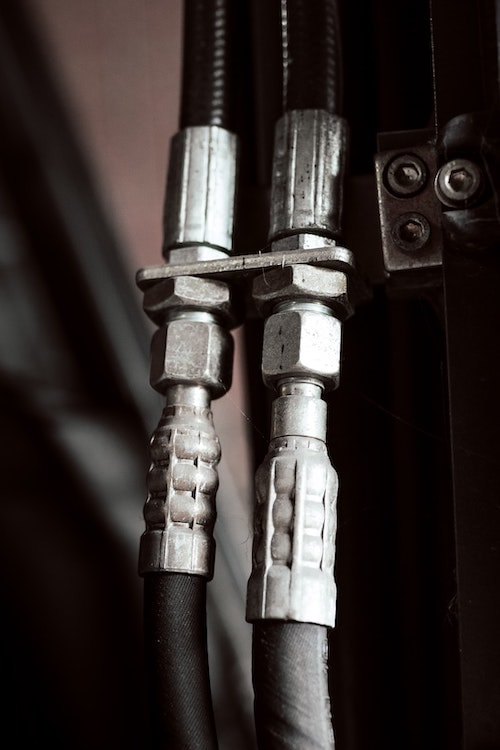Forklifts are often used at warehouses and distribution centers to handle products and materials. They are central to supply chain management.
Forklift cylinders control the movement of the lift on a forklift. Maintaining forklift hydraulic oil levels is essential to keeping cylinders working.
Read more below to learn about three problems caused by low forklift hydraulic oil levels and ways to address them.
Forklift Hydraulic Oil
All forklifts operate with hydraulic fluids and cylinders. If a hydraulic cylinder is not working properly, the problem could be low hydraulic fluid levels.
Forklift hydraulic fluid is also called forklift hydraulic oil. The oil flows through a pump, and a control valve determines where the fluid goes.
Your forklift will not lift and move pallets without maintaining hydraulic oil levels. Your business could face disruptions.
1. First Problem: Overheating
Overheating fluids is the first problem forklifts confront with low hydraulic oil levels. Hydraulic systems that are too hot can disable a forklift.
Heat causes hydraulic fluids to become thinner, reduces lubrication, and then makes a leak more likely. Overheating fluids in forklifts are common because of failures in hydraulic systems.
Hydraulic systems are made to dissipate extra heat, but if the system is not operating efficiently, you get an overheated hydraulic fluid. Fluid temperatures above 180°F impair the operation of the hydraulic system.
To solve this issue, you can check the reservoir fluid level in the forklift. Add more fluid until it is topped off and clean your system to help with the airflow.
Not having enough hydraulic oils in the system could make the engine and cylinders overheat. Low hydraulic fluid levels could also lead to air contamination, which can cause forklift temperature problems.
2. Second Problem: Slow Movement
The second problem is a forklift operates slowly. This can be caused by leaking hoses. Hoses can wear down, or the wrong type of fluid could have been used in the hoses.
It is essential to use the correct fluid and fill them to the appropriate level to fix a forklift that is not moving correctly. Hydraulic hoses carry these fluids and should also be regularly checked for leaks or tears.
It is important to check fluid levels and the parts in the hydraulic system. For example, your forklift may have a problem with its suction filter clogs. Doing some research on forklift services and parts can help address this issue.
3. Third Problem: Lift Failures
The third forklift problem is the lift does not work properly because of low hydraulic oil levels. The low levels could be from a leak. You should check for oil leakage in the hydraulic oil path, repair the leak, and refill the fluid levels.
The trouble with the lift could also be caused by the oil pressure filter. Along with monitoring the fluid levels, you should check to see if there is a clog in the filter.
Superior Industrial Products
By reading this article, you have learned about problems related to forklift hydraulic oil. For help with this and other issues, you can turn to Superior Industrial Products. We provide excellent forklift products and services and aim to be a strategic partner for your business.
For forklift equipment, parts, and service, contact Superior Industrial Products Superior Industrial Products. Superior Industrial Products will help you maintain your forklifts and prevent breakdowns.

